Rebranding a branding agency: Lantern gets a refresh
A behind the scenes account of how we tackled the notorious self-branding process and came out the other side with a refreshed and inspired brand attitude.
At the end of last year the Lantern team sat down to discuss our goals and ambitions for the year ahead. It’s difficult to pin the blame entirely on one person, but someone definitely suggested that going forward, we should update the style of our proposals and creds documents.
Fast forward three months, countless internal discussions, catch-ups and presentations, and here we are with redefined brand values, a refreshed proposition, updated tone-of-voice and a brand manifesto. Not only that, we now have a brand new logo, colour palette, brand font and updated website.
A much needed refresh
How did that happen? Well, it’s been over four years since Lantern set-up shop with its original identity and a lot has changed in that time. We’ve worked with start-ups, giant multi-nationals, social enterprises and charities across sectors as diverse as fashion and fitness to place branding and property. We’ve been fortunate enough to have won awards for branding, strategy and copywriting including eight Transform Awards as well as being recognised by the national press.
Despite the hard work and focus on how our clients look and talk, one thing that hadn’t changed or grown with us is our own branding. As soon as the loose thread of our new business collateral was pulled, it’s no surprise that the rest of the branding unravelled and suddenly needed updating. Up until that point, we just couldn’t see it.
By living with it so long, our logo and brand identity had become part of the furniture — a lovely old armchair in the corner. We were blind to how it no longer reflected us as a business or who we wanted to be.
Keeping it real
We spend our days ensuring our clients brands stand out and reflect who they are. However, as most designers will agree, branding yourself is a different story. We are our own worst critics and this makes it an incredibly slow and painful task. Also, internal projects always loose momentum and get brushed aside when other work comes in. Which is why we decided to do it properly.



